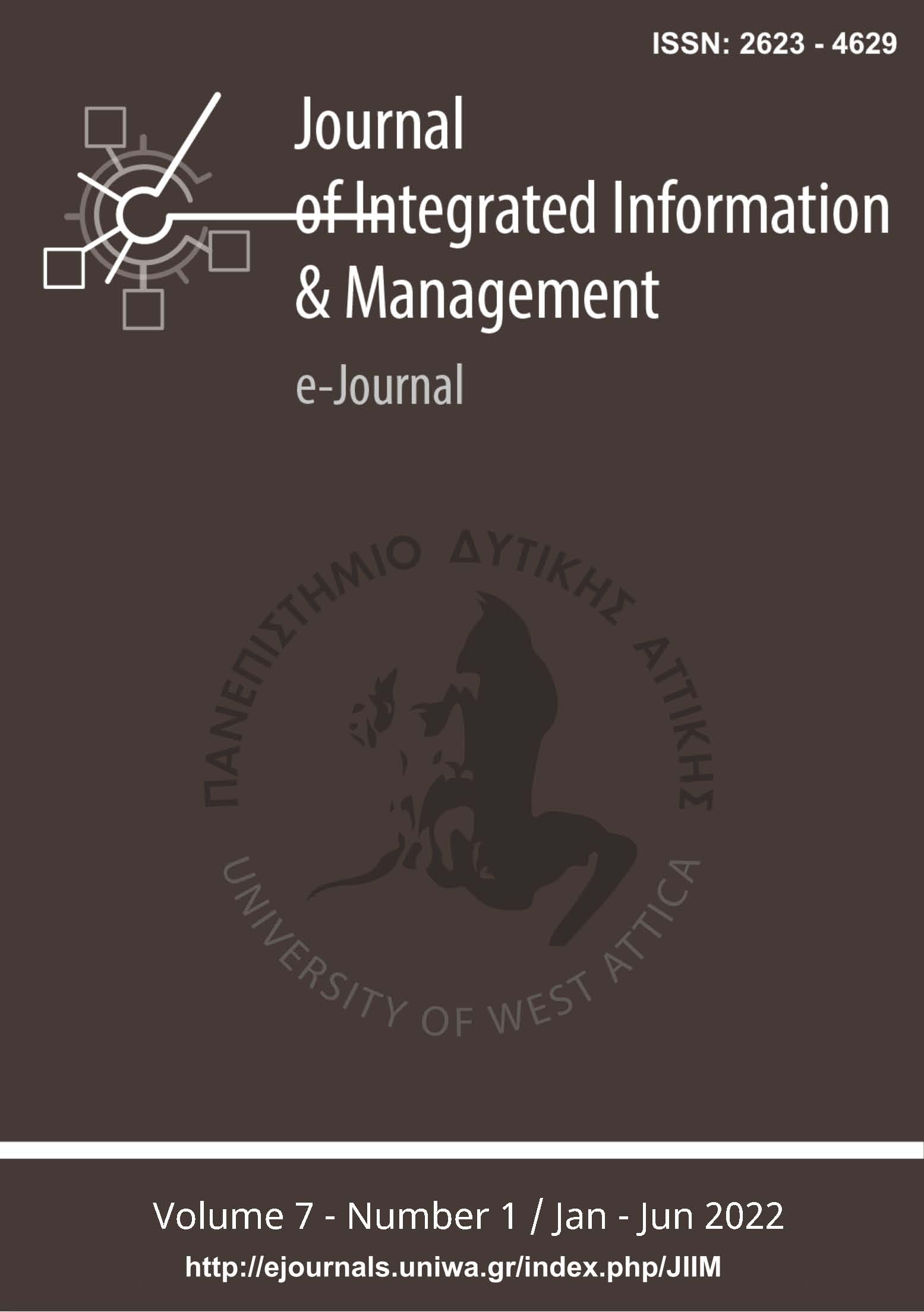Study of the Causes of Teacher Burnout from the Use of Information and Communication Technologies, During the Period of Covid-19

Abstract
Purpose – The pandemic due to Covid-19 created an unprecedented situation worldwide and radically changed the social situation in people's life and work conditions. For education to function, the use of Information and Communication Technologies and new practices were adopted to build a new basis of communication between teachers and students. During the pandemic and in the phase of exclusion, teachers kept the educational process "alive and active" in the values of learning and school. Nevertheless, their huge effort also caused negative consequences for them. This specific study is a part of a work that concerns teachers' practical reports about their negative experiences using Information and Communication Technologies during the Covid-19 period.
Design/methodology/approach – The study captures the causes of teachers' mental and physical Burnout due to the use of Information Systems, E-Learning, and Teleconferencing. Active teachers carried out the research, and its results concern public school teachers. The research methodology is part of the field of educational research and the analysis of the results through a structured online questionnaire.
Findings - From the development of the research and the analysis of its results, it emerged that teachers during the period of confinement due to Covid-19 presented symptoms of work burnout with different symptoms according to categories of teachers.
Originality/value – The findings of this research are unique in the Greek educational system and should improve the mechanisms to support teachers in performing their duties.
Article Details
- How to Cite
-
Psani, A., Kyriakaki, G., & Dimitrios, K. (2024). Study of the Causes of Teacher Burnout from the Use of Information and Communication Technologies, During the Period of Covid-19. Journal of Integrated Information Management, 7(1), 33–42. Retrieved from https://ejournals.epublishing.ekt.gr/index.php/jiim/article/view/37901
- Section
- Research Articles

This work is licensed under a Creative Commons Attribution-NonCommercial 4.0 International License.
Copyright Notice
Authors who publish with JIIM agree to the following terms:
- Authors retain copyright and grant the journal right of first publication with the work simultaneously licensed under a Creative Commons Attribution Non-Commercial License that allows others to share the work with:
- An acknowledgment of the work's authorship and initial publication in this journal.
- Authors are permitted and encouraged to post their work online (preferably in institutional repositories or on their website) prior to and during the submission process, as it can lead to productive exchanges, as well as earlier and greater citation of published work.





